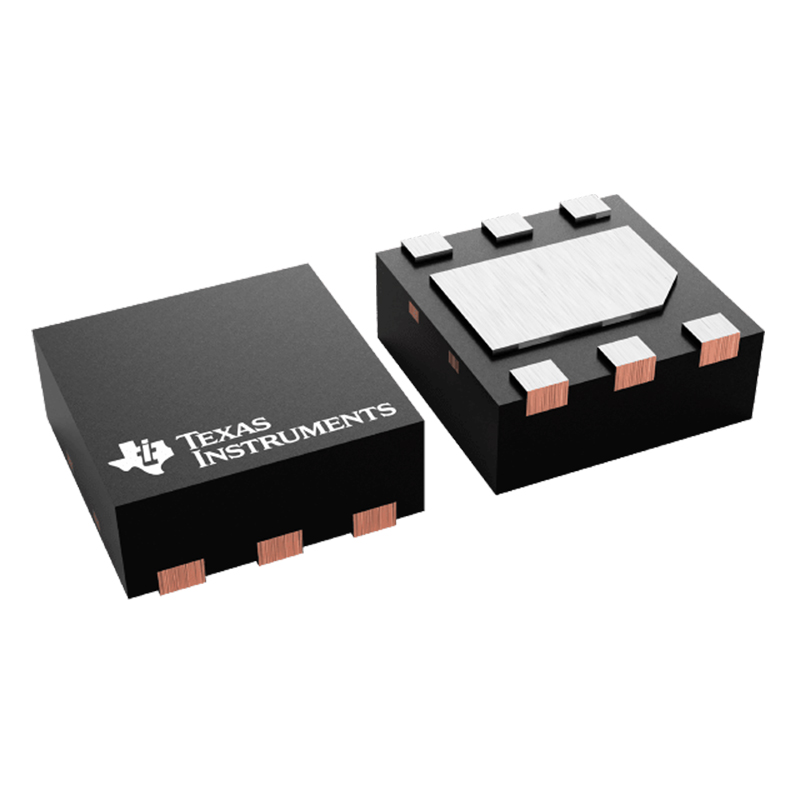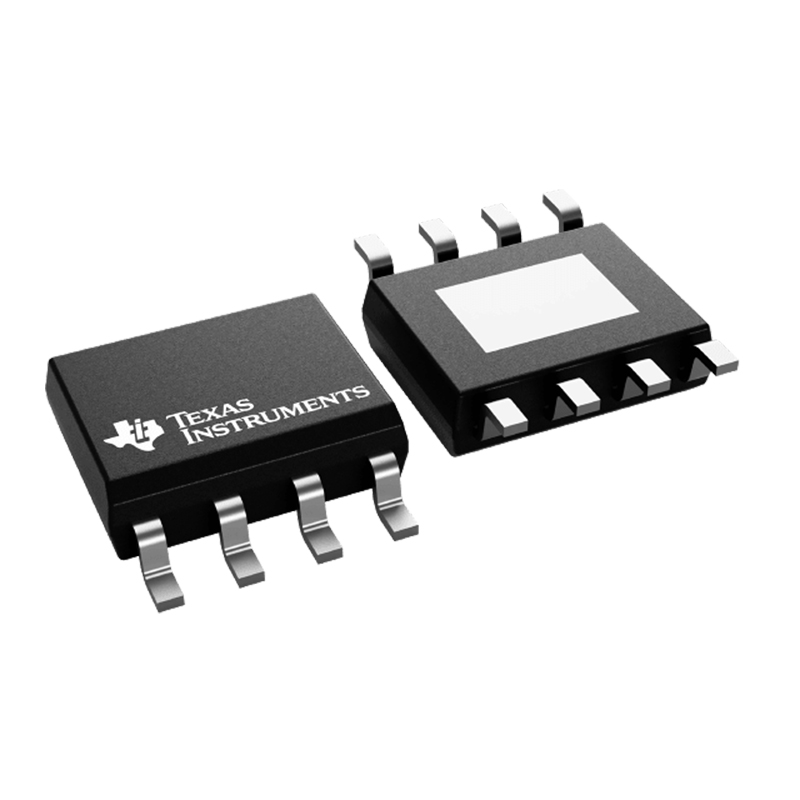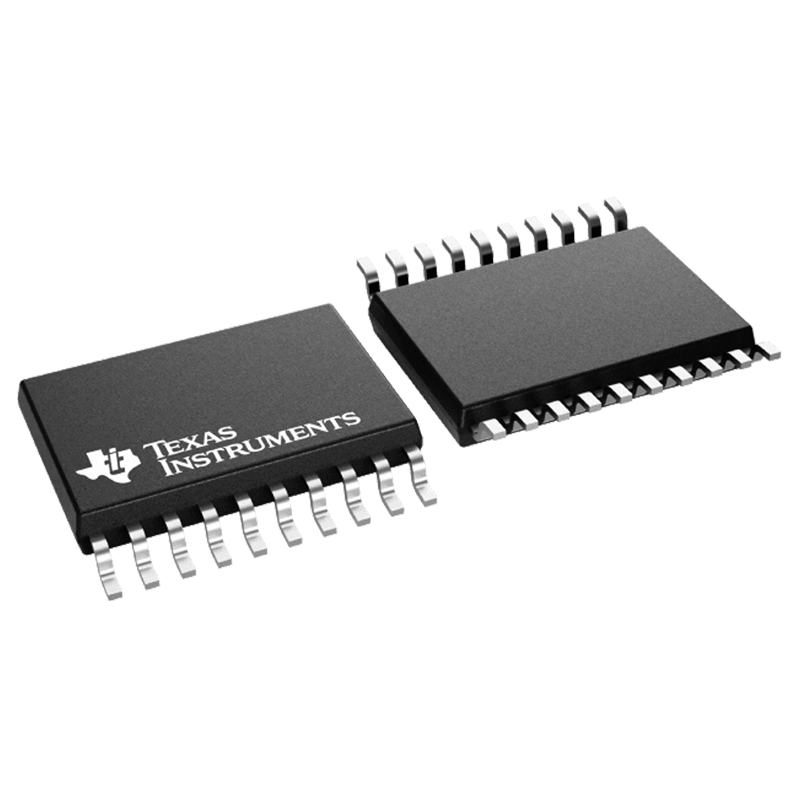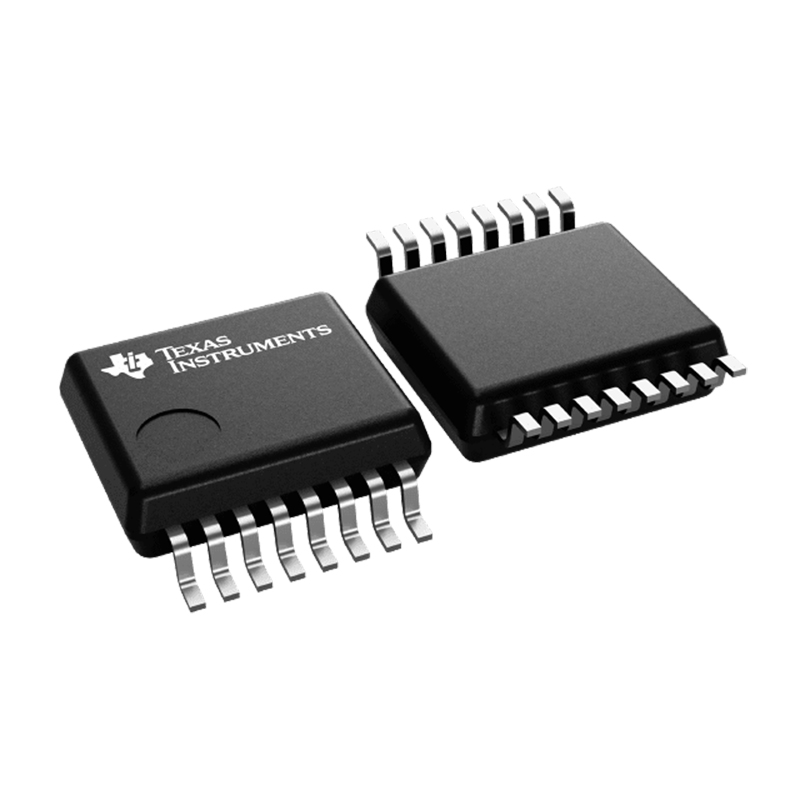
Products
Personlized Products Thick And Thin Film Resistor - TPS78218DRVR SON-6 150mA Electronic components integrated circuit 2.2V-5.5V – FlyBird
Personlized Products Thick And Thin Film Resistor - TPS78218DRVR SON-6 150mA Electronic components integrated circuit 2.2V-5.5V – FlyBird Detail:
Features for the TPS782
●Low IQ: 500 nA
●150-mA, Low-Dropout Regulator
●Input Voltage Range: 2.2 V to 5.5 V
●Low-Dropout at 25°C, 130 mV at 150 mA
●Low-Dropout at 85°C, 175 mV at 150 mA
●3% Accuracy Over Load, Line, and Temperature
●Stable with a 1.0-µF Ceramic Capacitor
●Thermal Shutdown and Overcurrent Protection
●CMOS Logic Level-Compatible Enable Pin
●Available in DDC (TSOT23-5) or DRV (2-mm x 2-mm SON-6) Packages
Description for the TPS782
The TPS782 family of low-dropout regulators (LDOs) offers the benefits of ultra-low power and miniaturized packaging.
This LDO is designed specifically for battery-powered applications where ultra-low quiescent current is a critical parameter. The TPS782, with ultra-low IQ (500 nA), is ideal for microprocessors, microcontrollers, and other battery-powered applications.
The ultra-low power and miniaturized packaging allow designers to customize power consumption for specific applications.
The TPS782 family is designed to be compatible with the TI MSP430 and other similar products. The enable pin (EN) is compatible with standard CMOS logic. This device allows for minimal board space because of miniaturized packaging and a potentially small output capacitor. The TPS782 series also features thermal shutdown and current limit to protect the device during fault conditions. All packages have an operating temperature range of TJ = –40°C to 125°C.
For high-performance applications that require a dual-level voltage option, consider the TPS780 series, with an IQ of 500 nA and dynamic voltage scaling.
Product detail pictures:

Related Product Guide:
We rely upon strategic thinking, constant modernisation in all segments, technological advances and of course upon our employees that directly participate in our success for Personlized Products Thick And Thin Film Resistor - TPS78218DRVR SON-6 150mA Electronic components integrated circuit 2.2V-5.5V – FlyBird , The product will supply to all over the world, such as: Lithuania, Atlanta, Jordan, Due to our good products and services, we have received good reputation and credibility from local and international customers. If you need more information and are interested in any of our products, please feel free to contact us. We look forward to becoming your supplier in the near future.
1. Who are the staff in your R & D department? What are your qualifications?
-R & D Director: formulate the company’s long-term R & D plan and grasp the direction of research and development; Guide and supervise r&d department to implement company r&d strategy and annual R&D plan; Control the progress of product development and adjust the plan; Set up excellent product research and development team, audit and training related technical personnel.
R & D Manager: make new product R & D plan and demonstrate the feasibility of the plan; Supervise and manage the progress and quality of r&d work; Research new product development and propose effective solutions according to customer requirements in different fields
R&d staff: collect and sort out key data; Computer programming; Conducting experiments, tests and analyses; Prepare materials and equipment for experiments, tests and analyses; Record measurement data, make calculations and prepare charts; Conduct statistical surveys
2. What is your product research and development idea?
- Product conception and selection product concept and evaluation product definition and project plan design and development product testing and validation launch to market
With a positive attitude of "regard the market, regard the custom, regard the science", the company works actively to do research and development. Hope we have a future business relationships and achieving mutual success.




